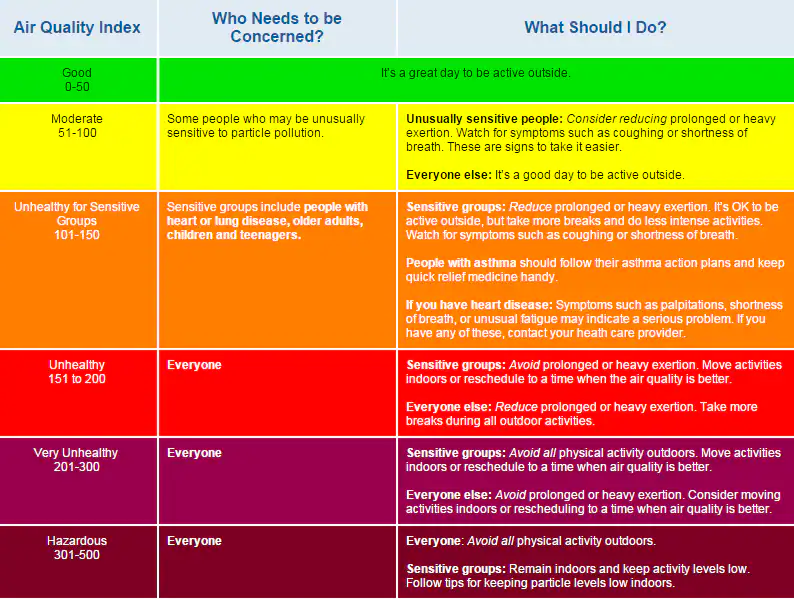Screening Tools to Evaluate Patient Risk in Extreme Heat
|
|

During hot summer months it is particularly important to screen patients for risk factors. The CDC provides a screening tool which can be used for this. The screening tool is available for download as a pdf, and can be freely distributed to interested parties for use with patients or loved ones. The pdf is also available in Spanish.
Extreme heat poses serious risks to individuals, particularly those who are vulnerable due to age, health conditions, or socioeconomic factors. Older adults, young children, pregnant women, individuals with chronic illnesses, and those living in poverty are among the populations most at risk during heatwaves. Prolonged exposure to high temperatures can lead to heat exhaustion, heat stroke, and even death if precautions are not taken. Additionally, those without access to air conditioning or cooling centers are more likely to suffer from heat-related illnesses.
For health care professionals there are three key points: 1) Heat can harm physical and mental health; 2) Warmer temperatures can contribute to unhealthy air quality; and 3) Making a heat action plan with your client can help them stay safe on hot days.
Once individuals have been screened, there are tools that can be used to identify whether any given day is a particularly risky one, with regard to heat index and air quality. The CDC has a Heat Risk tool that enables one to enter any zip code for information on the heat risk for that week, and safety measures that can be reviewed with vulnerable individuals to help keep them safe.
The U.S. government also provides an Air Quality tool that enables one to enter any zip code for information on the air quality risk, and safety measures that can be reviewed with vulnerable individuals to help keep them safe.

These tools are freely accessible and available online for clients and clinicians that have internet access.
You can find more health care resources by selecting the “Primary Health Care” category tab on our Social Service “Utilization Library” page.



